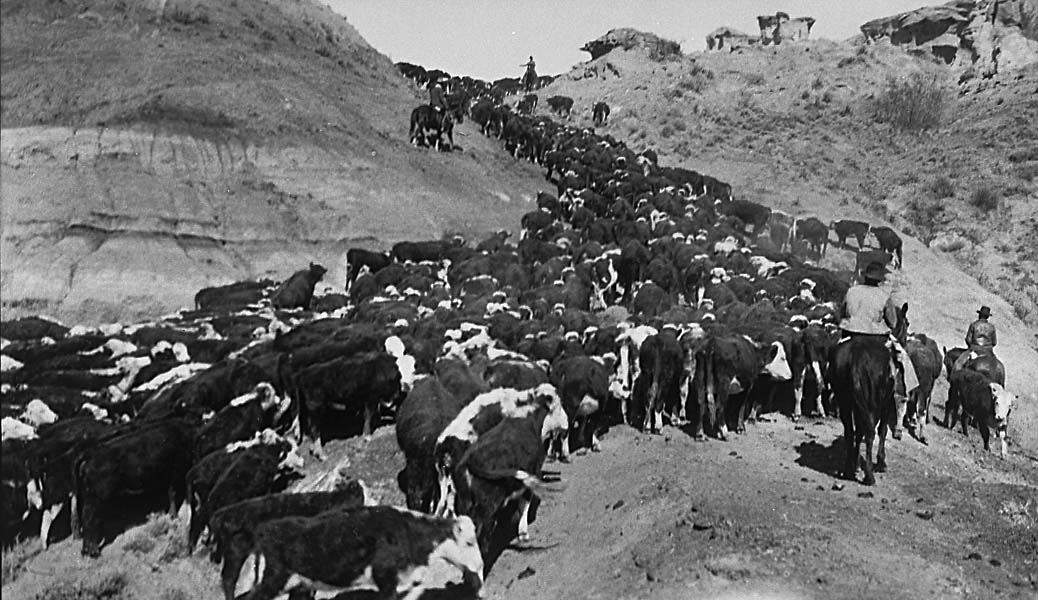University Press Roundup

Welcome to our weekly roundup of the best articles from the blogs of academic publishers! As always, if you particularly enjoy something or think that we missed an important post, please let us know in the comments. (And look back at our University Press Roundup Manifesto to see why we do this post every Friday.)
Harper Lee’s forthcoming second novel has generated excitement and controversy in equal measure, but at Beacon Broadside, Kay Whitlock and Michael Bronski look back at Lee’s famous first novel. In particular, they are interested in the way that To Kill a Mockingbird speaks to the current racial tensions and structural problems that pervade the United States today.
How are emotions used in argumentation? At fifteeneightyfour, Douglas Walton and Fabrizio Macagno are beginning a series of posts in which they discuss the differences between rhetorical argumentation and logical argumentation and how we use emotive language in order to win debates.
March 7th is fiftieth anniversary of Bloody Sunday, “the day Civil Rights marchers were beaten by police as they tried to cross the Edmund Pettus Bridge in Selma, Alabama” (as portrayed in the recent film Selma). Duke University Press has shared an excerpt from Gary May’s Bending Toward Justice, in which May explains how Americans found out about the events of Bloody Sunday, in honor of the occasion.
The debates and political maneuvering over the potential nuclear agreement have dominated the news cycle this week, and in response the Harvard University Press Blog has posted a modified version of the postscript to theoretical physicist Jeremy Bernstein’s Nuclear Iran. In the excerpt, Bernstein looks at the current state of Iran’s nuclear program and discusses what needs to be included in any potential agreement to contain it.
The recent FCC ruling on net neutrality was more or less lost in the many other breaking news stories over the past week, but it was an important occasion nonetheless. At the University of Illinois Press blog, Dan Schiller takes a close look at “the economic re-composition that continues since the boom of information and communications technologies.”
Sweet Briar College, a private women’s liberal arts college in Virginia, recently (and unexpectedly) announced their permanent closing at the end of this academic year. At the JHU Press Blog, Kristen A. Renn discusses the closing, and thinks about the past, present, and future role of women’s colleges and universities in higher education both in the United States and around the world.
Sunday, March 6, was International Women’s Day. The McGill-Queen’s University Press blog celebrated the occasion with a post from Joanne Findon on writer Sarah Jameson Craig. Findon encourages us to remember “that the battle for equality has been fought not just by a few famous women who were vocal and visible …. In the 1800’s there were many other women – ordinary, obscure, poor women – who also lent their voices to the fight for equality.”
Major League Soccer just began its twentieth year, and now includes two teams located in New York City. However, Michael Agovino is not particularly impressed, despite being a New York native and long-time soccer fan. At the University of Nebraska Press Blog, Agovino explains his problems with the MLS and the new New York soccer rivalry.
Lindsey A. Freeman lives in Oak Ridge, Tennessee, a city originally created for the Manhattan Project, and briefly branded as “The Atomic City.” In a post at the UNC Press Blog on the one-year anniversary of the Fukushima nuclear disaster in Japan, Freeman reflects on the experience of watching those events from a town that has so much nuclear history itself.
From the Square, the blog of NYU Press, has an excellent roundtable post up this week on the complex and current issues of race, ethnicity, and policing. In the post, experts Stephen K. Rice, Michael D. White, Amanda Geller, Matthew Hickman, Robert Kane, William Parkin, and Ronald Weitzer all answer questions on police relations with the black community, the nature of recent protests, and how police can help shape public perceptions of their role.
The growth of anti-terrorism laws in the US and the UK over the past fifteen years has been constant. At the OUPblog, though, Andrew Staniforth asks how effective those laws have been, and argues that our current “haphazard approach to tackling contemporary terrorism cannot continue.”
This week, the Stanford University Press blog is running a series of excellent posts that take a broad look at the difficulties of reconciling “racial histories with emerging moral paradigms calling for racial equality.”
Coca-Cola’s newest business venture has taken the soft-drink company in a surprising new direction. Coke has recently announced Fairlife milk, a secret formula that will “fix” many of the problems with regular milk. At Yale Books Unbound, Alissa Hamilton delves into the potential creation process of Fairlife milk and takes a hard look at some of the slightly bizarre ways that Coke is marketing their new product.
Thanks for reading! As always, we hope that you enjoyed the links. Please let us know what you think in the comments!

